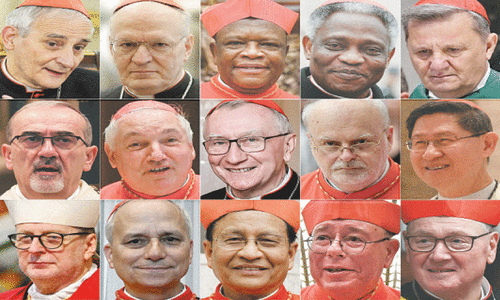
AUCKLAND: The biggest trade deal in history was signed on Thursday, yoking 12 Pacific rim countries in a US-led initiative aimed at wresting influence from booming China.
The ambitious Trans Pacific Partnership (TPP) aims to slash tariffs and trade barriers for an enormous 40 per cent of the global economy — but pointedly does not include Beijing.
“TPP allows America — and not countries like China — to write the rules of the road in the 21st century,” US President Barack Obama said after the pact was signed in New Zealand.
The deal — whose birth was fraught by domestic opposition in the US and in other key players, such as Japan — is a key plank of Obama’s so-called “pivot” to Asia, as he seeks to counter the rising power of China.
Trade ministers from 12 participating countries — Australia, Brunei, Canada, Chile, Japan, Malaysia, Mexico, New Zealand, Peru, Singapore, the United States and Vietnam — signed the pact in Auckland early Thursday.
Beijing was muted in its reaction to the deal, saying its officials were studying the 6,000-page document.
A commerce ministry statement said China would “actively participate in and facilitate highly transparent, open and inclusive free trade arrangements in the region”.
Although the signing marks the end of the negotiating process, member states still have two years to get the deal approved at home before it becomes legally binding.
Ratification may prove far from easy, notably in the United States, where poisonous election-year politics are likely to stymie co-operation over a deal opponents have spun as a job killer.
While the 12 trade ministers were shaking hands in Auckland, thousands of protesters clogged the streets outside to voice their opposition. They argue the TPP will cost jobs and impact on sovereignty in Asia-Pacific states.
American economist and Nobel Prize winner Joseph Stiglitz believes the TPP “may turn out to be the worst trade agreement in decades.
“In 2016, we should hope for the TPP’s defeat and the beginning of a new era of trade agreements that don’t reward the powerful and punish the weak,” he recently wrote in The Guardian newspaper.
Published in Dawn, February 5th, 2016













































